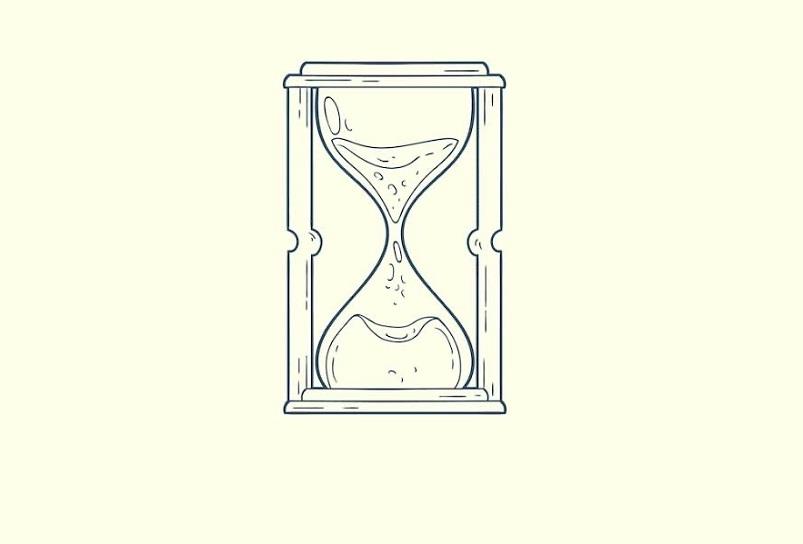
The Essence Of Time
Representational photo
By Narayanan Kizhumundayur
Time, often considered the most precious and elusive resource, is a concept that permeates every aspect of life. It flows continuously, indifferent to human desires or efforts, yet it governs the course of our existence. From the ticking of a clock to the changing of seasons, time is both a constant and a reminder of life's transience. Understanding the essence of time not only offers insight into its value but also encourages us to reflect on how we manage it, how we perceive it, and how it shapes our personal and collective experiences.
ADVERTISEMENTAt its core, time is a measurement-a way to quantify change. The movement of the sun, the phases of the moon, and the rhythm of nature serve as natural markers of time's passage. For millennia, civilizations have devised calendars and clocks to organize life around these markers. However, time is more than just a tool for scheduling; it is also a framework for understanding the world. It allows us to track progress, recall memories, and anticipate the future. Time is the thread that connects our past, present, and future, weaving the narrative of our lives.
ADVERTISEMENTOne of the most profound aspects of time is its irreversibility. Once a moment has passed, it can never be regained. This fleeting nature gives time its significance and value. Unlike material possessions, which can be replaced or recreated, lost time is gone forever. This makes time both priceless and vulnerable. How we choose to spend it becomes one of the most important decisions we make every day. For some, time is a commodity to be managed efficiently; for others, it is a fluid experience to be savoured.
Different cultures and philosophies have their own unique perceptions of time. In the West, time is often viewed linearly, with an emphasis on progress and future goals. In contrast, many Eastern traditions, such as Hinduism and Buddhism, see time as cyclical, focusing on the interconnectedness of all events and the eternal nature of existence. These differing views influence how societies prioritize work, leisure, and relationships. Regardless of the cultural lens, time remains a universal constant, affecting every individual and community.
Read Also A Lesson in Every Tick: Time's Insights Tomorrow Never ComesIn our modern, fast-paced world, the value of time has become more pronounced than ever. With technology enabling instant communication and rapid access to information, the pace of life has quickened, making time feel scarce. We constantly find ourselves racing against the clock, trying to fit more into every hour, every day. Paradoxically, this hurried lifestyle often leaves us with a sense of dissatisfaction, as if we are always chasing time but never truly experiencing it.
This brings us to an essential truth about time: the importance of presence. While we cannot control the passage of time, we can control how we engage with the present moment. Living mindfully, fully immersed in the“now,” allows us to extract the most meaning from each experience. It is in these moments of presence that time seems to slow down, and we feel truly alive. Whether through meditation, creative expression, or simply enjoying a conversation with a loved one, being present transforms time from a ticking clock into a profound experience.
Ultimately, the essence of time lies in its dual nature-it is both finite and infinite. While the minutes and hours of our lives are limited, time as a concept is boundless, stretching beyond our individual lives into the vast continuum of history and the future. By recognizing time's impermanence, we are reminded to live with intention, to prioritize what truly matters, and to cherish the moments that make life meaningful.
In essence, time is not something we own or control. It is a gift, one that we must respect and use wisely. It is the backdrop of our existence, shaping who we are and who we will become. Understanding its value allows us to navigate life with greater awareness, purpose, and appreciation.
-
The author is an Accountant and a freelance writer in English and Malayalam

Legal Disclaimer:
MENAFN provides the
information “as is” without warranty of any kind. We do not accept
any responsibility or liability for the accuracy, content, images,
videos, licenses, completeness, legality, or reliability of the information
contained in this article. If you have any complaints or copyright
issues related to this article, kindly contact the provider above.

















Comments
No comment